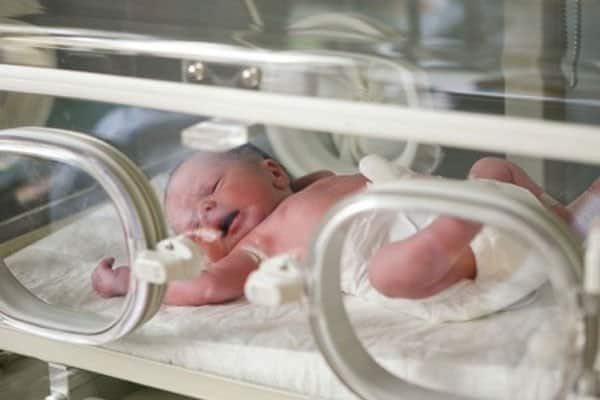
In the last few months, many cases have been reported from various corners of the country regarding the multi-system inflammatory syndrome (MIS-C) in children and adolescents who had received at least one Covid-19 vaccine dose. However, there is no need to panic, as a recent study published in The Lancet Child and Adolescent Health journal has shown that these side effects post-vaccination is extremely rare.
The reporting rate of MIS-C for those without evidence of SARS-CoV-2 infection was 0.3 cases per million vaccinated individuals, revealed the observational study published in The Lancet Child and Adolescent Health journal.
Don’t Delay, Get Jabbed!
The findings showed that the MIS-C case rate in vaccinated children and adolescents aged 12-20 in the US is substantially lower than previously published estimates in unvaccinated individuals aged 12-20 who had been infected with SARS-CoV-2 from April to June 2020. “Our results suggest that MIS-C cases following Covid-19 vaccination are rare and that the likelihood of developing MIS-C is much greater in children who are unvaccinated and get Covid-19,” said Dr Anna R. Yousaf, of the US Centers for Disease Control and Prevention (CDC).
Vaccination is recommended for everyone aged 5 years and older in the US for the prevention of Covid-19. MIS-C, also known as a pediatric inflammatory multi-system syndrome (PIM-TS), is a rare condition associated with SARS-CoV-2 infection that was first recognised in April 2020.
It is thought to be an immune overreaction that occurs approximately two to six weeks after SARS-CoV-2 infection in children and adolescents. The symptoms include fever, rash, eye redness, and gastrointestinal symptoms (e.g., diarrhoea, stomach ache, nausea), and can lead to multi-organ failure.
In the study, the team examined 47 reports of potential MIS-C illness that occurred in a person aged 12-20 years at any time after a Covid-19 vaccine dose. Of these 47 reports, 21 fit the CDC MIS-C criteria. Out of the 21 cases of MIS-C, 15 had evidence of past or recent SARS-CoV-2 infection, while six did not.
The researchers stressed that they are unable to determine if vaccination contributed to the MIS-C illness in these rare cases. It is possible that some of the identified cases had other unrecognised inflammatory conditions that coincidentally occurred after vaccination, they noted.
